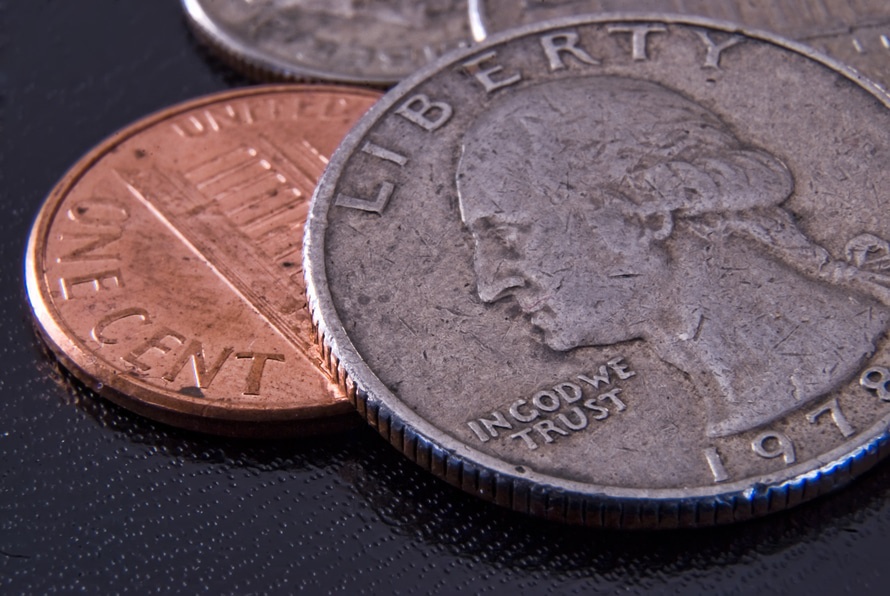If you are one of those people who look enviously at friends who successfully attain all their financial goals, you shouldn’t be. It isn’t as hard as it seems to have savings, a home, a college fund and no debt. All of it as possible on practically any income level, and the path is a clearly charted one as well.

The difference between those who manage to make it and those who don’t is simply that the successful ones make up their minds at some point that they really want financial stability. They decide to do whatever it takes. Those who aren’t successful never make up their minds. They never tell themselves that they realize that it takes sacrifices, but they’re willing to do it all. The frank admission is what makes the difference.
If you’re willing to tell yourself that you will live for financial sanity from this day forward, the tips that follow will help you.
Don’t pay your bills first; save first, instead
Most people will pay all their utility bills, credit card bills and rent the moment their pay arrives. They will think about finding something to save if they can, at the end of the month. Usually, they end up saving nothing, because there’s no pressure to save. They tend to find ways to spend what they have left over. It’s a far more sensible idea to reach into your pay first to set aside 10% of your savings. You want to take it out of your account and put it in another account where you won’t accidentally spend it.
Then, you can pay your bills, and then figure out how to manage the rest of the month on what you have left. The savings are not negotiable — just as paying your bills is not negotiable. You simply need to save first, because unlike with your bills you don’t have someone breathing down your neck forcing you to do it.
Make a solemn promise to yourself: you will never pay full price
If you simply try to buy at a lower prices whenever you can, you’ll blissfully ring up full price most of the time. You’ll never find yourself saving. Never paying full retail needs to become your religion — you will never buy something that you aren’t getting a discount on. From the rich to the ultrarich, it’s a common mantra — no one pays full price. From shopping at the discount centers to buying last year’s models and haggling when you buy a house (Morris Dibben has the info) you want to find a discount on everything. You simply shouldn’t buy anything unless you get something knocked off the price.
Always leave home without it
Credit Cards Encourage Extra Spending as the Cash Habit Fades Away, goes a recent New York Times article. Credit cards and their points-based offers, according to research reported in the article, are scientifically designed to encourage poorly considered spending. When people pay with credit cards, the research finds, they are less willing to haggle or look for offers. In the study, people who paid with credit cards were willing to pay twice as much as they were when they spent with cash. They tend to be focused on how they earn those points, which tend to not be much value.
The research reports an intuitive and interesting effect — how cards make your mind focus on the relative size of your expenses, rather than their absolute size. If you have (£30 in your wallet, you will usually not be very happy about spending (£5 on a latte. If you’re paying with plastic and have a (£2,000 limit, though, it’s as if you have (£2,000 in crisp currency in your wallet. You feel the pain far less.
About one in three credit card users today is not able to pay their balances off in full each month. Unless you are super-disciplined with money, it’s important to admit to yourself that credit cards hack the brain in strange ways, that they are hard to understand and control. It’s sensible to simply quit them.
Finally, get creative
The world has never been friendlier or more receptive to new business ideas. Find an idea and implement it. Everyone should explore the possibility of running their own life, rather than working for someone else. If you win, you win big.
Delia Zimmerman is studying finance; though she’s not quite sure where she wants to land in terms of a career right now. She enjoys number crunching and writing finance related articles as well as ice cream and spending quality time with friends and family.



The one thing that I got above all others from this article is paying bills second. That’s a really good idea, and I think implementing it will (hopefully) not be too big of an adjustment.
I love these habit! I never thought to pay bills second I think I ma worried about forgetting to send it over to the company!
These are good habits to have. You always have to pay yourself first. Thank you for posting these tips!
And make sure that savings is in a retirement account. The earlier you start, the better off you will be in the long run.
These are interesting tips. I’d never think to save THEN pay bills. I am so weird about bills and always pay a bit more than I’m suppose to and make sure to keep on top of them all. Not really money savvy I guess.
These are great tips that actually work! On the day I am going into the grocery store to just get one thing, I only take the cash I need in or I WILL overspend!
These are all great tips and I completely agree with credit cards. I am very strict to use them only to auto-pay bills so they are there to 1. Build credit and 2. for an emergency. It’s very hard though!
Great tips, we no longer use credit cards and I never pay full price! Save before paying bills…hmmm interesting…making it first priority means you will definately have some money put aside each month, I like that.
What an awesome tips. Thanks for giving us some information.